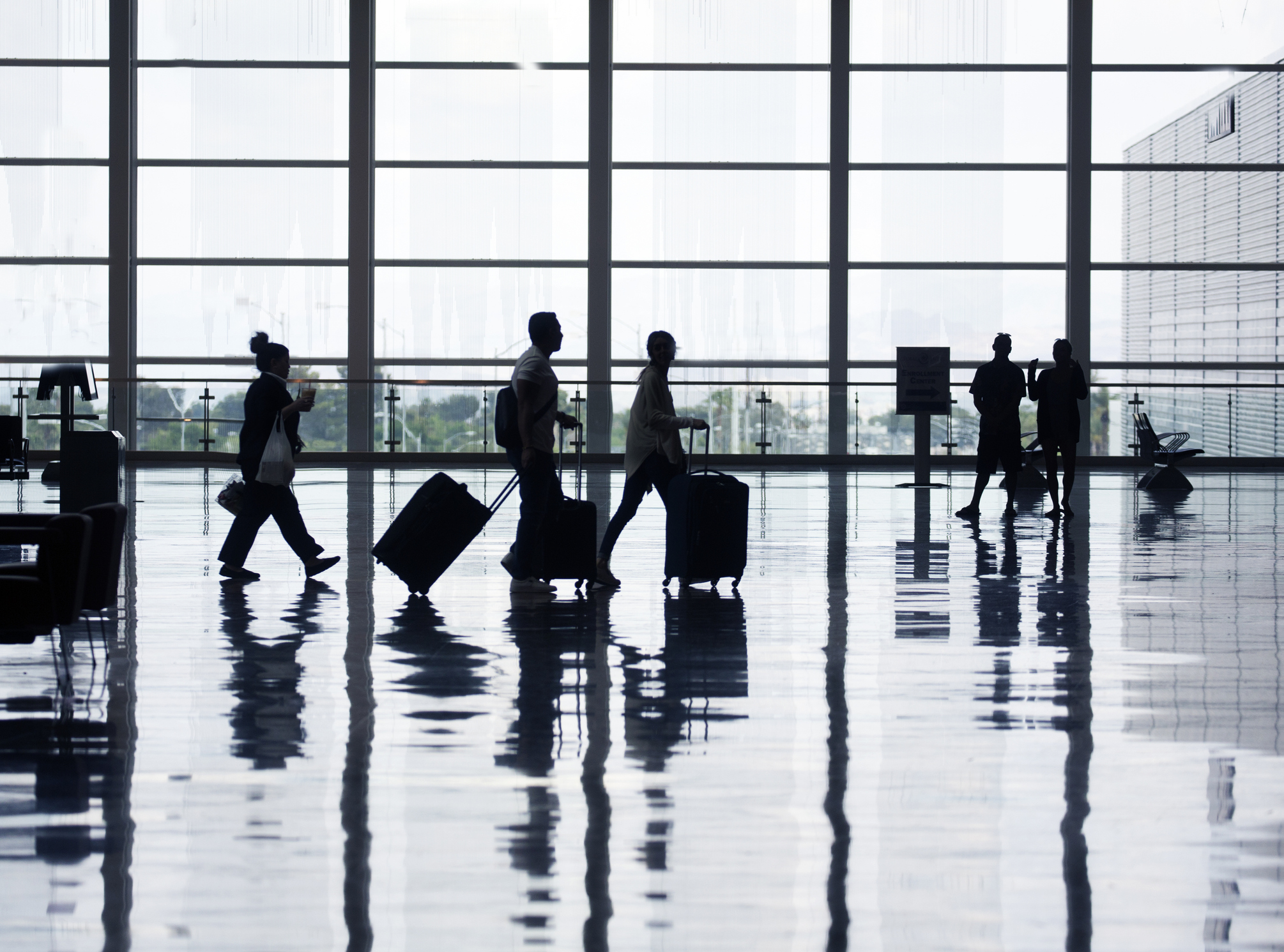
The Biden administration's recent move to mitigate less-than-stellar conditions for wheelchair users at airports has been long in coming and does not go far enough, two advocacy groups say.
The proposed rule would mark the biggest expansion of rights for passengers with wheelchairs since 2008, Department of Transportation (DOT) Secretary Pete Buttigieg said in a statement. It would make it easier to hold airlines accountable for mistreating wheelchairs and better protect people at airports and on planes, he said.
“There are millions of Americans with disabilities who do not travel by plane because of inadequate airline practices and inadequate government regulation, but now we are setting out to change that,” he said. “This new rule would change the way airlines operate to ensure that travelers using wheelchairs can travel safely and with dignity.”
The proposal seeks to take action in several ways including by:
- Penalizing airlines for mishandling wheelchairs as automatic violations of the Air Carrier Access Act and holding them accountable when a passenger's mobility device is damaged.
- Providing more training for airport employees who assist passengers with mobility disabilities and in handling wheelchairs to ensure more prompt and effective assistance.
- Improving standards both on-board planes as well as when it comes to informing passengers about the whereabouts of their equipment when getting on and off the plane.
Just the beginning
Air travel for those who use wheelchairs can be notoriously perilous, as highlighted in a New York Times report last June. There has, however, been a push toward creating more accessibility at airports and in other industries.
But the government's proposal is just the beginning of the work that needs to be done to ensure safety and comfort for all travelers, Maria Town, CEO and president of the American Association of People with Disabilities, told Kiplinger.
"Right now, many disabled people choose not to fly because the risk of damage to the devices they rely on is too great," she said. "For those who do fly and have their wheelchair or scooter damaged in the process, traveling can result in injuries, high expenses and long wait times to fix the mobility aid — and even death."
The Biden administration's proposed rule-making to increase the safety and dignity of air passengers with disabilities "is both long overdue and an exciting point of progress in the ongoing fight for disability rights and inclusion," Town said. The training requirements, including requirements around repairing wheelchairs, as well as providing loaner chairs have the potential to improve the experiences of people with disabilities when they fly, she added.
Other steps that could be taken
Town also offered some insight into how the proposal could be more effective. Wheelchairs are not the only devices that become damaged or broken when disabled people fly. She said the administration should go beyond wheelchairs and consider other devices such as breathing machines and speech devices.
"The disability community is incredibly diverse, as are the devices we rely on to meet our day-to-day needs," Town said.
The administration's proposal accomplishes a goal of drawing attention to the barriers disabled airline passengers face but it does not go far enough, said John Morris, founder of wheelchairtravel.org, a nonprofit that aims to provide a wheelchair to people who who can't afford them.
"Through the proposal, the DOT will aim to codify long-held expectations, reiterating the responsibilities of airlines to repair damaged mobility equipment and adequately train their employees and contractors," Morris told Kiplinger. "Without a firm commitment to pursue enforcement action in response to violations, the updated regulations are unlikely to have any impact on the passenger experience."
Morris said it has been more than 30 years since the passage of the Air Carrier Access Act, but violations remain commonplace "and the DOT has done little to guarantee the civil rights of disabled passengers."
He called accessibility regulation "reactionary," and said that air travel "unnecessarily remains the least accessible form of transportation for wheelchair users."
Steps others are taking
In January, AccessibleGO,a travel search engine site catered to travelers with disabilities expanded its features to include options such as equipment rentals, flights, rental cars with hand controls, wheelchair van rentals, mobility rentals and concierge ride services for wheelchair-accessible vehicles.
The site also serves as a resource for travelers to find discounts on travel and engage with a community to discuss the level of accessibility of various cities and travel destinations.
In a separate move, Starbucks recently began to create a more accessible environment in all of its new stores. It recently opened a newly-designed store concept, complete with wider doors, portable, digital menus and more. You can take a virtual tour of the coffee chain's Washington, DC store, which was recently built using the company's inclusive spaces framework.






